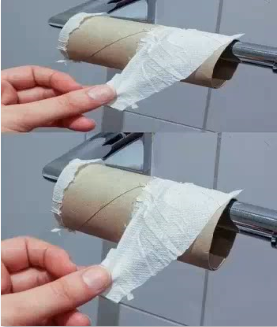
Toilet paper, a daily essential since its invention by Joseph Gayetty in the 19th century, faces growing criticism
for its environmental and health impacts. Producing it requires cutting down millions of trees each year, driving
deforestation and pollution. Beyond environmental concerns, studies—like one from the University of Florida—have found harmful substances such as BPA
and chlorine in toilet paper, raising risks of reproductive issues and cancer. In countries like France, contamination fears are particularly high.
As awareness grows, greener alternatives are emerging. Washing with soap and water, already common in parts of the world,
is more sanitary and eco-friendly. Bidets, long used in Japan, are making a comeback, with modern models featuring water
jets and dryers. Reusable toilet paper made from washable cotton is another option, reducing waste though it requires a shift in habits.
Adoption remains challenging. High upfront costs for bidets and infrastructure adjustments in public spaces
create barriers. Still, long-term savings and health benefits make them attractive. Governments can
play a key role by offering subsidies, tax breaks, and policies promoting sustainable solutions.
Ultimately, moving beyond toilet paper can enhance hygiene, protect forests, and align with broader goals of sustainability.